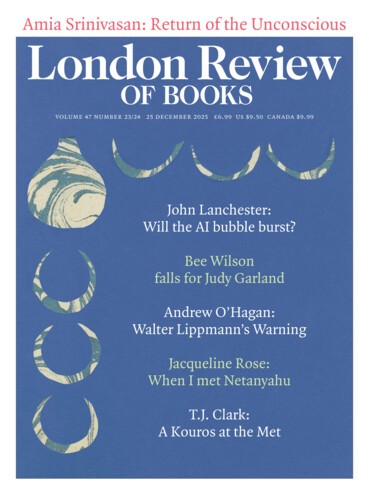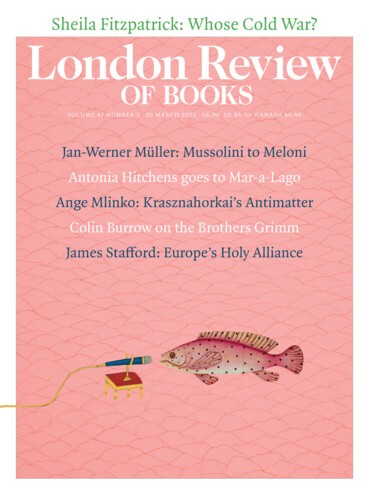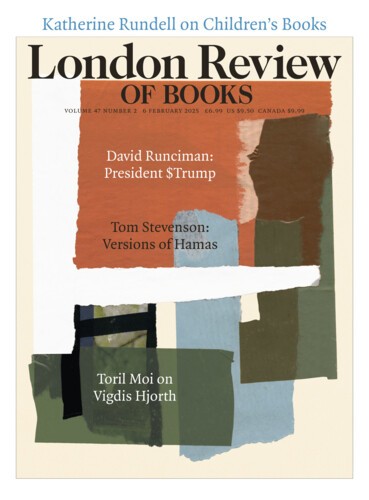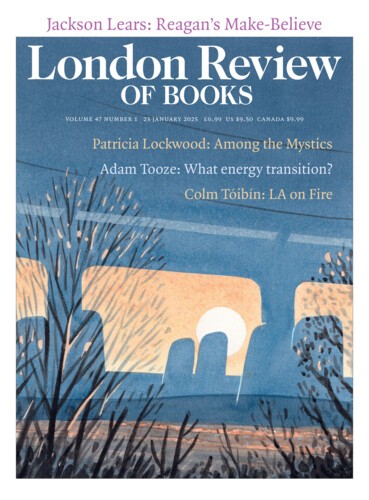Scattered Alphabet: On Susan Howe
Ange Mlinko, 25 December 2025
In 1676, during the period of colonial conflict known as King Philip’s War, Reverend Hope Atherton was the chaplain accompanying Captain William Turner’s militia on their march to an Algonquian encampment near Deerfield, Massachusetts in the Connecticut River Valley. There they ambushed the sleeping tribe, slaughtered some of them and drove others into the river, which swept...





